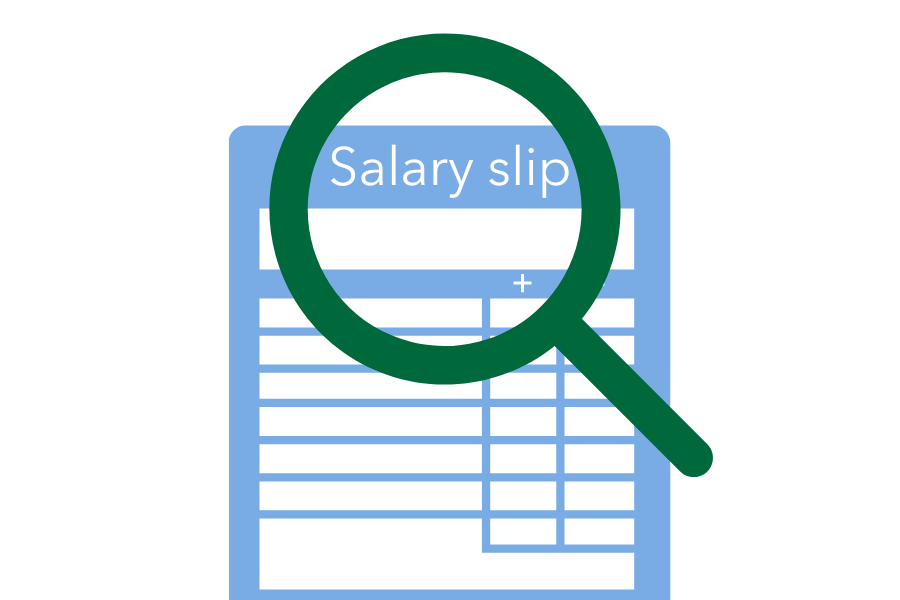Navigating Contractual Landmines: A Comprehensive Guide to Retail Mall Agreements in Singapore
Entering into a retail mall lease in Singapore is a significant commitment for any SME owner. This detailed guide will help you navigate through complex contract clauses, focusing on financial obligations, operational responsibilities, and specific clauses related to damage control, ensuring a well-protected business venture.
1. Financial Terms and Conditions
1.1 Commission Structure
- Fair Commission Rates: Negotiate commission rates on sales that align with industry standards to avoid high, fixed rental costs.
- Transparent Calculations: Ensure the method for calculating commissions is clear and straightforward to avoid future disputes.
1.2 Sales Performance Targets
- Reasonable Targets: Ensure sales targets are achievable based on market research and historical data of similar retail spaces.
- Penalties: Clarify consequences for not meeting sales targets, ensuring they are fair and proportionate.
2. Operational Responsibilities
2.1 Mall Operator Duties
- Maintenance and Security: Confirm that the mall operator is responsible for maintaining common areas and providing adequate security.
- Promotional Activities: The operator should actively promote the mall to drive traffic, benefiting all tenants.
2.2 Lease Flexibility
- Lease Duration and Renewal: Aim for a longer lease with multiple renewal options to ensure business stability.
- Exclusivity Clauses: Limit or negotiate exclusivity clauses to avoid restrictions on opening additional outlets.
3. Legal and Regulatory Compliance
3.1 Subletting and Assignment
- Flexibility in Subletting: Review terms regarding your ability to sublet or assign the lease without excessive restrictions or the need for operator consent.
3.2 Dispute Resolution
- Fair Processes: Ensure the contract specifies a fair and equitable process for resolving disputes, such as mediation or arbitration, avoiding unilateral decisions.
✅ For expert financial advice, contact Counto, your trusted partner in accounting, tax, company secretary, and company incorporation services.
4. Risk Management (Damage Clauses)
4.1 Water Damage Clauses
- Liability: It is crucial to clarify who bears the responsibility for damages resulting from water incidents, such as leaks or flooding. Typically, the landlord is liable unless the damage stems from negligence.
- Insurance Coverage: Ensure that your lease agreement mandates insurance that covers water damage. This helps mitigate financial losses from water-related issues.
- Preventive Measures: The agreement should specify shared responsibilities for maintaining and inspecting plumbing and infrastructure to prevent water damage.
4.2 Fire Damage Clauses
- Reporting and Emergency Procedures: The lease should detail the required procedures for reporting fire incidents and outline the responsibilities during emergencies to ensure swift action.
- Fire Safety Compliance: Check for clauses mandating adherence to fire safety standards, including the installation of safety equipment and regular participation in fire drills.
- Damage and Loss Coverage: The agreement must define the financial responsibilities associated with fire damage, ensuring adequate insurance coverage for potential losses.
4.3 General Risk Mitigation Considerations
- Structural Integrity and Maintenance: The contract should specify which party is responsible for the upkeep of structural integrity, including walls, ceilings, and essential infrastructure.
- Alterations and Repairs: It’s important to establish guidelines on how and when modifications or repairs to the leased space can be made, and who is responsible for these costs.
- Compliance with Laws: Ensure that all stipulations in the contract require compliance with local building codes and safety regulations, with particular focus on measures related to preventing fire and water damage.
5. Professional Guidance
5.1 Legal Review
- Contract Examination: Engage a lawyer to review the lease agreement to ensure all terms are in your favour and protective of your business interests.
- Negotiation Assistance: Use professional legal counsel to negotiate terms that provide maximum benefit and minimum risk to your business.
5.2 Financial Management
- Accounting Services: Engage a trusted accounting service to manage your finances with precision and provide strategic financial advice tailored to your business needs.
- Financial Oversight: Ensure sound financial management that optimises your fiscal performance and supports sustainable business growth.
6. Communication and Updates
6.1 Notify Changes
- Inform Stakeholders: Once the lease is signed, communicate any changes or updates to stakeholders such as employees, suppliers, and customers.
6.2 Continuous Monitoring
- Review and Adapt: Regularly review the lease terms and mall policies, staying adaptive to changes in the retail environment and ensuring continuous compliance.
Summary
By carefully reviewing and negotiating these aspects of a retail mall lease, SME owners in Singapore can secure a profitable and sustainable business presence in competitive retail environments.
Experience the Counto advantage
Counto is the trusted provider of accounting, tax preparation and CFO services for startups and SMEs. Get accounting plans that combine bookkeeping with corporate tax filing to help you stay compliant at an affordable price. To learn more, speak to us directly on our chatbot, email us at [email protected], or contact us using this form.
Here are some articles you might find helpful:







